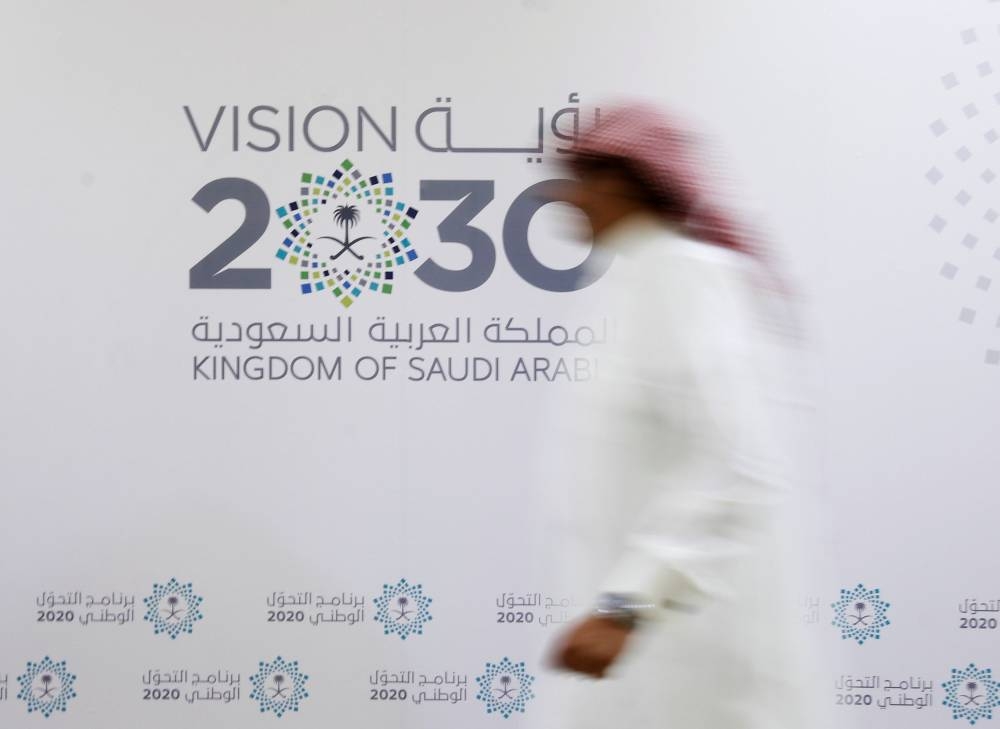Saudi Arabia has launched $1.3tn in real estate and infrastructure projects over the past eight years as part of its plan to diversify the economy away from oil and become a more attractive place to live, work and travel.
The volume of projects is up 4% from a year ago, according to Knight Frank. This includes more than a million residential units and mega developments such as Neom on the Red Sea coast, the real estate consultancy group said in its latest Saudi Giga Projects Report.
About $164bn worth of real estate contracts have been awarded since 2016, when Saudi Crown Prince Mohammed bin Salman unveiled his strategy to wean the country off its dependence on petrodollars and improve the quality of life for locals.
The largest chunk of that money — $28.7bn — has gone to Neom, with heavy spending on the development within it known as The Line, a pair of mirror-clad towers expected to eventually span the length of about 105 miles.
Other projects with the highest awards to date include the National Housing Co with $12bn, the development of Diriyah Gate at $9bn and the entertainment city of Qiddiya in Riyadh with almost $7bn, Knight Frank said.
While many mega projects are still far from being delivered, the kingdom is working on overdrive to overcome challenges with supply chains, labour and costs in an effort to meet targets. A majority of developments are due between 2028 and 2030, and Saudi Arabia is set to become the world’s biggest construction market as it barrels toward those deadlines.
Riyadh remains a focal point, with about $35bn in contracts awarded to date. The capital is expected to add almost 29,000 hotel rooms, 4.6mn square meters of office space and 340,000 homes by the start of the next decade, according to Knight Frank. There will be a further “slew of new developments,” the firm said, as the city prepares to host the World Expo in 2030 and the FIFA World Cup in 2034.
More than $54bn has gone to Saudi Arabia’s western seaboard and surrounding areas, where at least 17 so-called giga projects are currently underway, Knight Frank said.
Much of Saudi Arabia’s construction is designed to support the economic diversification, help house a growing population and boost the country’s appeal as a place for investment and tourism.
The kingdom aims to draw in $100bn in foreign direct investment by 2030 and hopes to host 150mn tourists a year by that same timeline. It recorded about 109mn tourists last year, with a majority of those people being local.
The country as a whole is expected to add 362,000 new hotel rooms by the end of the decade to meet the needs of the expected influx of travellers. Knight Frank said that “ambitious pipeline” will cost $110bn and suggested more mid-market properties — rather than 4- and 5- star hotels — will be needed to capture a wider range of tourists.
“This will be key in ensuring the 150mn 2030 visitor target is achieved,” the firm said.

A Saudi man walks past the logo of Vision 2030 in Jeddah (file). Saudi Arabia has launched $1.3tn in real estate and infrastructure projects over the past eight years as part of its plan to diversify the economy away from oil and become a more attractive place to live, work and travel.
